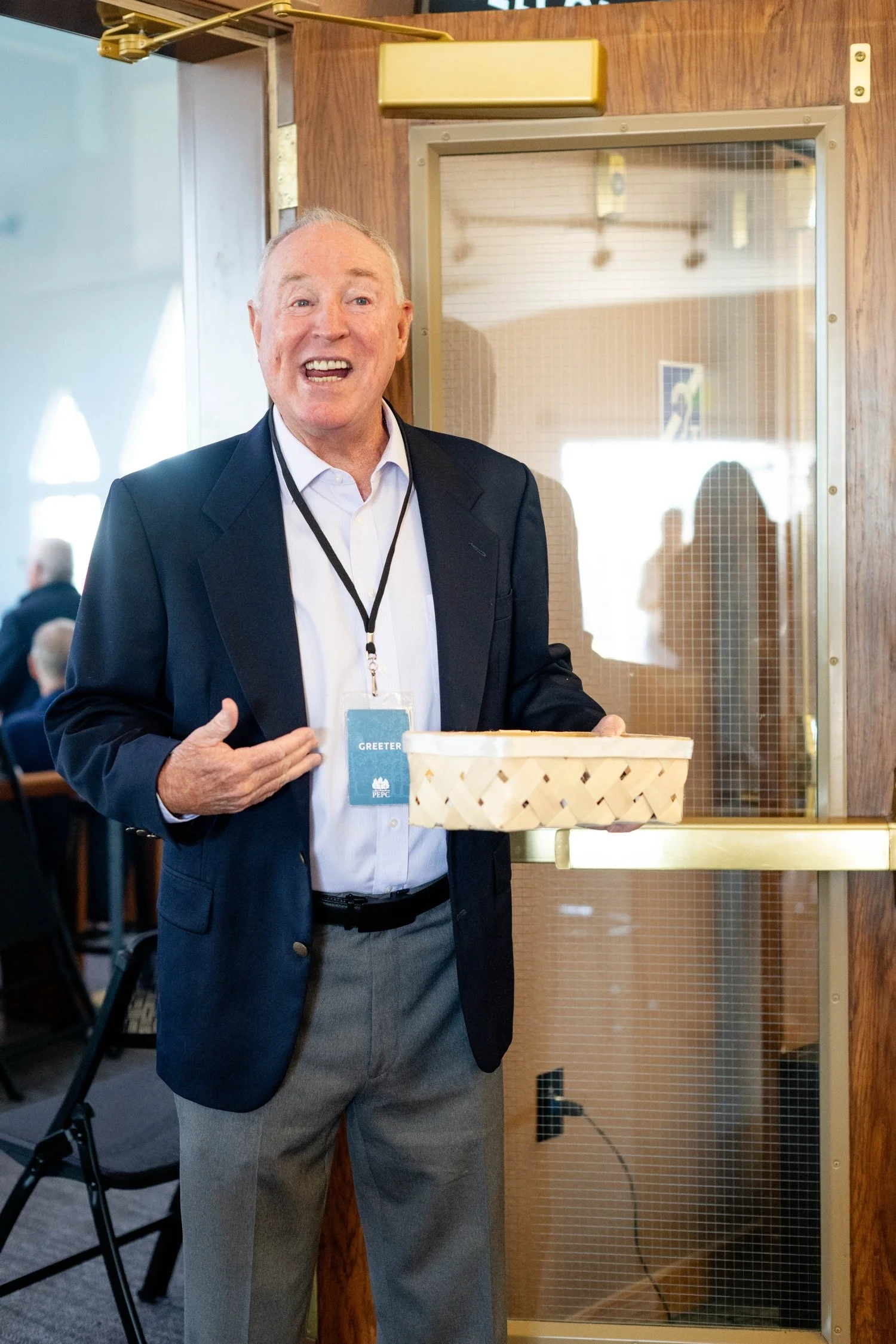Readings for today: Job 40:6-42, Psalms 29
I remember the first time we took my son to the beach. We had just moved to Mobile, AL. He was all of two years old. When we crested the dune and looked out over the Gulf of Mexico, he got so excited. He started to run as fast as his little legs would take him to the water. All of a sudden, it dawned on him that the water was moving. Wave after wave was crashing in. He stopped in his tracks. Put his little arms out and started yelling, “You stop! You stop!” And then he began to cry as he realized the wind and the waves wouldn’t listen. I chuckled as I picked him up. We went into the water together. But I’ve often reflected back on that moment. What my son experienced there was utter powerlessness. Especially in the face of something awesome like an ocean. I’ve felt similarly when I look up in the night sky and see the stars. When I’m standing on top of a fourteen thousand foot mountain in the Rockies. When I’m in a rural village in the middle of nowhere on the other side of the world. It’s those moments when I truly understand how small and weak and insignificant I am.
Job has a similar moment when he encounters God. For almost forty chapters, he’s been crying for justice. Demanding God answer him and give an account for why everything has happened to him. He’s sat in sackcloth and ashes. He’s scraped his skin with broken pottery. His wife has cursed him. His friends have offered little consolation. He feels so alone. And then, amazingly, God does show up. But not to answer Job. Instead, God reminds him of his place in the world. His powerlessness. His helplessness. His finiteness. “Would you really challenge my justice? Would you declare me guilty to justify yourself? Do you have an arm like God’s? Can you thunder with a voice like his? Adorn yourself with majesty and splendor, and clothe yourself with honor and glory. Pour out your raging anger; look on every proud person and humiliate him. Look on every proud person and humble him; trample the wicked where they stand. Hide them together in the dust; imprison them in the grave. Then I will confess to you that your own right hand can deliver you.” (Job 40:8-14 CSB) It’s a fearful thing to fall into the hands of the Living God. To be given a sober reminder of how little authority we actually have in this world. We are utterly unable to clothe ourselves with splendor and glory. Helpless to trample the wicked where they stand or humble the proud. Job wasn’t able to save his children. Job wasn’t able to exact retribution on those who killed his servants and stole his livestock. Job wasn’t able to heal himself from the disease that afflicted him. In short, Job had absolutely no power or authority to deliver himself much less challenge God.
The same is true for us. I think this is why the Psalmist declares, “The Lord sits enthroned over the flood; the Lord sits enthroned, King forever. The Lord gives his people strength; the Lord blesses his people with peace.” (Psalms 29:10-11 CSB) Everything we have comes from the Lord. It is God who works in us both to will and to work according to His good pleasure. It is only through Christ and His wisdom and strength that we can meet and overcome the challenges of our world. It is God who gives us a hope and a future as we follow His plan for our lives. It is God’s power that is made perfect in our weakness. So rather than grumble and complain all the time, we should be thankful. Thankful in the good times. Thankful in the hard times. Thankful when we have plenty. Thankful when we are struggling. Thankful for the Lord’s abiding and faithful presence in our lives.
Readings for tomorrow: Exodus 1-4




